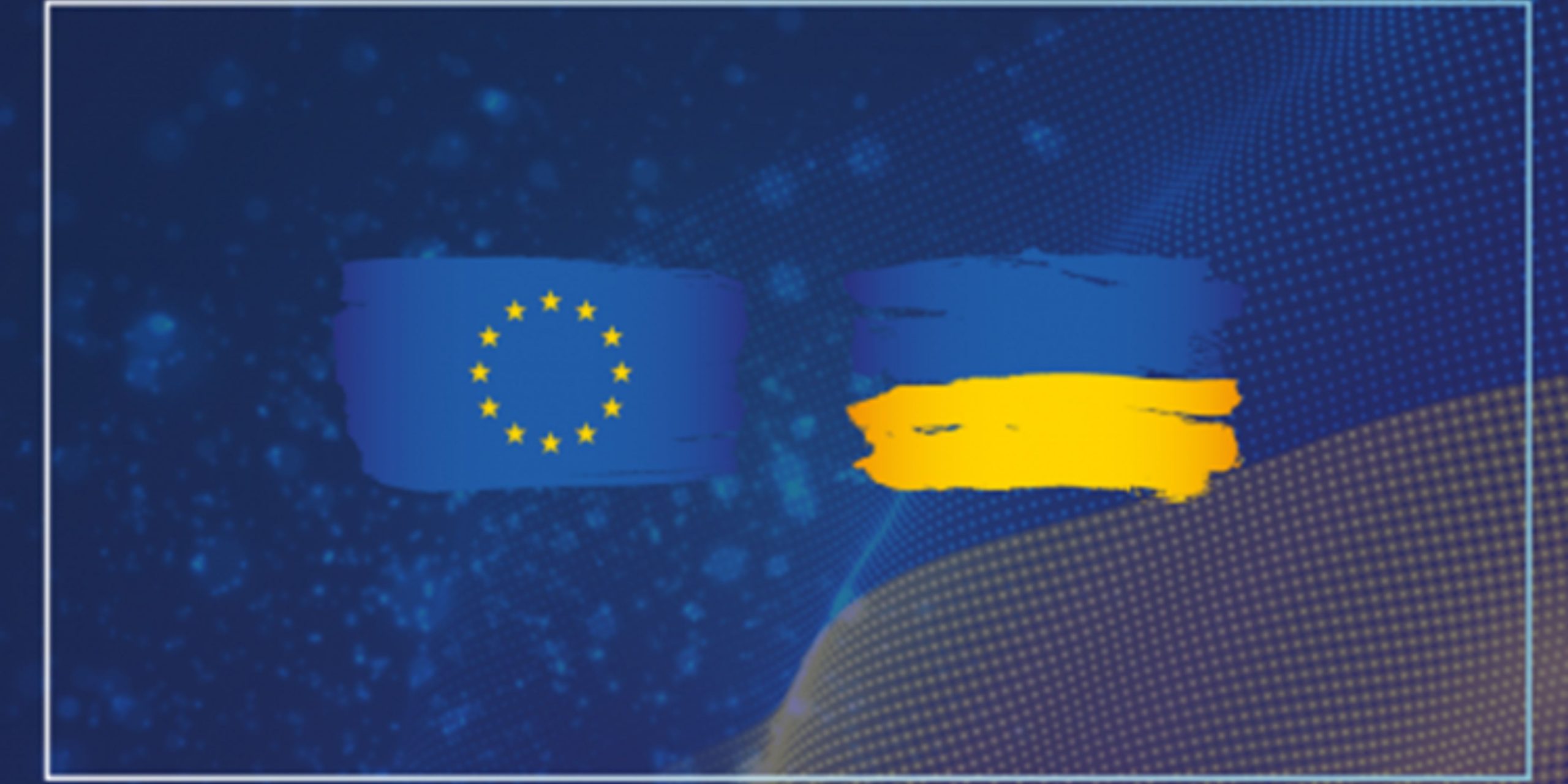The joint statement between European and Ukrainian operators is allowing refugees fleeing the war in Ukraine to stay connected with family in Ukraine and with those across the European Union.
7.4 million Ukrainian refugees are currently displaced throughout Europe. The war in Ukraine has been forcing millions of people to flee from their homes in search of safety and security. Since the beginning of the conflict, people have been seeking refuge across the EU. Under these circumstances, the availability of communication is vital for separated families to stay in touch, access information and an essential means to support ongoing aid efforts and maintain public services.
In an act of solidarity, in April, European and Ukrainian operators agreed to a joint approach that would allow them to provide affordable or free calls and internet use to refugees. The number of refugees in Europe rose from 4.8 million in August to the 7.4 million of people counted today. Operators on both sides of the Roaming agreement have since extended the initial three month period to continue providing an essential service amid devastating consequences of the war. They have also taken action to provide free SIM cards with mobile services to Ukrainians in Europe.
For the millions of people that have been displaced since the beginning of the Russian aggression, inexpensive and free phone calls, access to information and a connection to internet services are also a link to meaningful moments.
Joint statement on Roaming for Ukraine
Ukrainian telecommunications providers continue to operate in war conditions and they have limited resources to maintain networks and services, while more and more Ukrainian subscribers are using roaming services abroad. In the joint statement, operators enshrined the agreement to lower inter-operator wholesale charges for cross-border calls. The lowered charges are then reflected in lower prices paid by consumers for calls and communication services across borders.
The voluntary action to mutually lower unregulated rates is allowing the exchange of information and words of comfort across borders. Ukrainian mobile operators are passing on the full benefits of the voluntary measures applied by their EU counterparts to approximately 4.2 million Ukrainian SIM holders roaming in Europe, who can call back to Ukraine for free or at affordable rates. . European operators are also granting special conditions to those refugees that are using the free EU SIM cards received while moving to EU countries and they benefit from free or low cost international calls back to Ukraine.
Ukrainian operators are reporting that the number of people using roaming with Ukrainian SIM cards more than doubled since the onset of the war, reaching 5 million users in March and stabilising at about 4.2 million Ukrainian numbers in roaming in the summer of 2022. Operators report that the number of roamers in relation to the total number of subscribers has approximately doubled.
More figures point to the need for the availability of cross border communication. Since the beginning of martial law in the country, Ukrainians have been phoning two to ten times more while abroad, reaching a total of 56 minutes on average per subscriber in July. Similarly, mobile data use by Ukrainian phone numbers has increased seven to 22 times per subscriber per month, reaching 2.5 GB on average per subscriber in July.
Ensuring hardware for internet connections – EUTech4UA
The European Commission and BEREC continue to encourage operators and follow progress in offering support to maintain communication channels across borders open. In line with these aims, the Commission has set up EUTech4UA in collaboration with the Ukrainian Ministry for Digital to coordinate donations of connectivity equipment to maintain the functioning of Ukrainian public services. Network devices can provide connections for public places, schools, public authorities and refugee centres. Companies and organisations across Europe have been coming together and continuing these efforts can help Ukraine’s digital infrastructure support public life and vital services.
Find more information about the agreement and impact of the joint statement.
Source: European Commission I Digital (https://bit.ly/3elnxMa)
